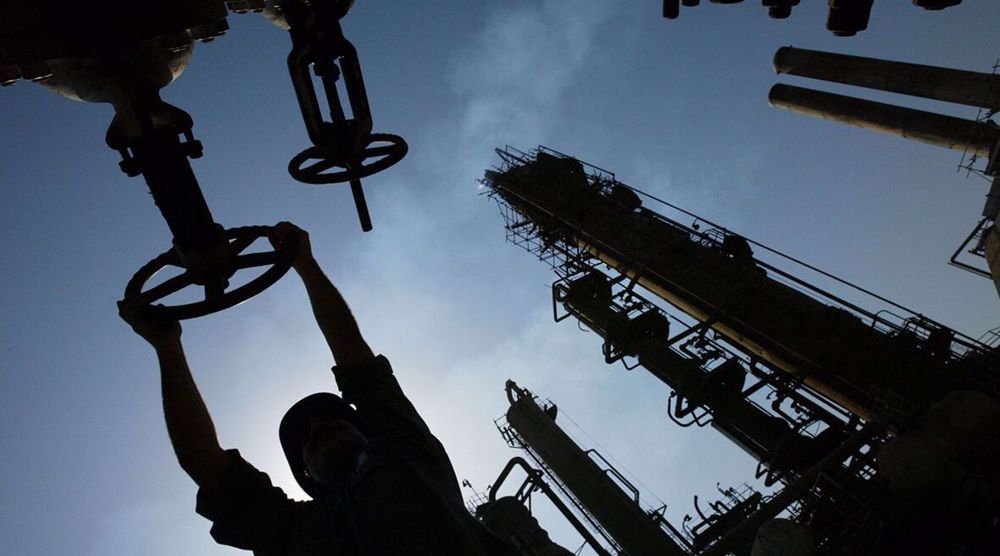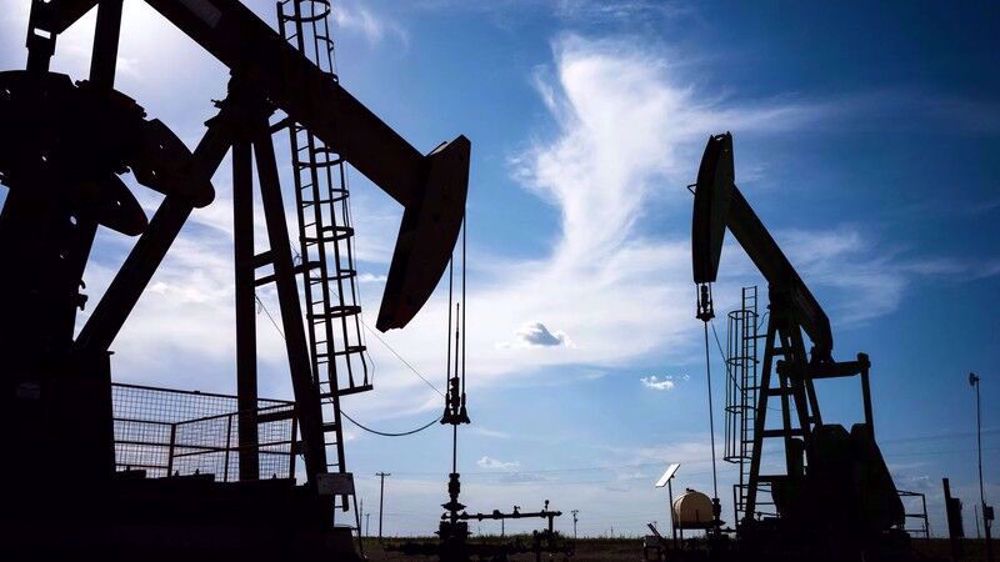OPEC agrees first oil production cut in 8 yrs
Delegates attending the 171st ministerial meeting of the Organization of the Petroleum Exporting Countries (OPEC) have reached an agreement to slash oil production in a bid to prop up global prices.
Mohammed Bin Saleh al-Sada, the Qatari energy minister and OPEC Conference president, announced the development in Vienna on Wednesday during a meeting of the 14-member oil-producing body, which accounts for a third of global oil production.
The reduction by OPEC will be "1.2 million barrels per day, to bring its ceiling to 32.5 million barrels per day," Sada said.
He further noted that non-member Russia had committed to cutting 300,000 barrels a day (bpd) from its output of more than 10 million.
Later on Wednesday, Russian Energy Minister Alexander Novak also confirmed that his country was ready to cut its crude output production by 300,000 barrels a day next year.
"Russia will progressively reduce its oil production by 300,000 barrels a day in the first half of 2017," Novak was quoted by the state agency Ria-Novosti as saying.
The Russian official, however, added that Moscow’s move was conditional on the OPEC decision being "upheld" by its member states.
Kuwait's acting Oil Minister Anas al-Saleh also confirmed that OPEC had agreed to cut production to 32.5 million bpd, the first output reduction since 2008.
Kuwait, Algeria and Venezuela are expected to monitor the compliance with the deal, which was in line with a preliminary OPEC accord reached in Algiers in September that would cut output to around 32.5 million bpd compared to the current 33.64 million bpd.

OPEC Secretary General Nigerian Mohammed Barkindo (R), the Chairman of the OPEC Board of Governors Algerian Mohamed Hamel (L) and the President of OPEC Mohammed bin Saleh al-Sada (C) attend a meeting of the Organization of the Petroleum Exporting Countries at the OPEC headquarters in Vienna, Austria on November 30, 2016. (Photo by AFP)
Iran, Libya and Nigeria are reportedly expected to be exempt from any agreement to limit supply.
Earlier on Wednesday, Saudi Energy Minister Khalid al-Falih announced that OPEC was close to striking the deal.

“Any production-restraint agreement has to be distributed in an equitable way. We are getting close,” he said, adding, "It will mean that we (Saudis) take a big cut and a big hit from our current production and from our forecast for 2017. So we will not do it unless we make sure that there is consensus and an agreement to meet all of the principles.”
Falih also expressed hope that Russia and other non-OPEC members would contribute by cutting oil production.
Oil prices soar on the news
Oil prices surged to one-month highs after the announcement of the deal. Both US and international oil posted their largest percentage gains since February, with the Brent benchmark rising above $50 a barrel for the first time in a month.
However, the prices are still half to the levels recorded in mid-2014.
OPEC last slashed output in 2008 due to a slump in oil demand and prices amid the global financial crisis.
Iran’s economy grew 2.7% y/y in Sep quarter: CBI
VIDEO | Freelancers in Gaza strive to stay online amid genocide
Mikati demands Israel's withdrawal from south Lebanon
Yemeni army strikes Israeli military sites with drones
‘Clock ticking’: UNRWA slams unjustifiable killing of children in Gaza
BP to be sued in Britain for supplying oil to Israel
VIDEO | Press TV's news headlines
Israeli strikes on north Gaza hospital ‘extremely dangerous, terrifying’: Director















 This makes it easy to access the Press TV website
This makes it easy to access the Press TV website